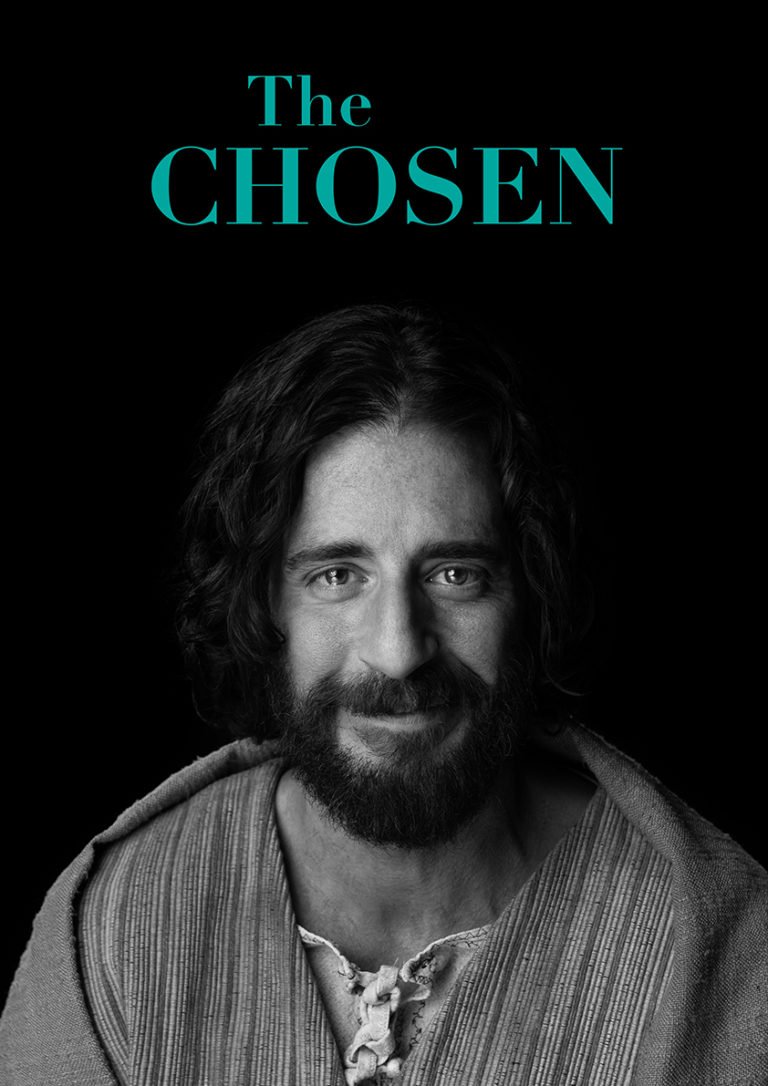"Spaced Out"

| None | Light | Moderate | Heavy | |
|---|---|---|---|---|
| Language | ||||
| Violence | ||||
| Sex | ||||
| Nudity |
What You Need To Know:
SOLARIS is a pointless movie with underdeveloped characters, plot and concept. It touts a strong humanist message, removing God from existence and giving power to some unknown alien being, rather than the Creator of the universe. The movie also includes some blasphemous comments about God, which are very blatant and never rebuked
Content:
(HHH, ABABAB, RoRo, C, Ev, PC, L, V, SS, NN, A, DD, M)
More Detail:
SOLARIS stars George Clooney as Chris, a psychiatrist who is sent to help a friend on the space station circling a strange planet, where he encounters a force that brings his memories to life in the form of his deceased wife (played by Natascha McElhone). SOLARIS is a pointless movie with underdeveloped characters, plot and concept that touts a strong humanist message, removing God from existence and giving power to some unknown alien being.
SOLARIS opens up with Chris being called by an old friend to help explain some mysterious occurrences on the space station circling Solaris, an undefined planet or mass in space. Upon his arrival at the station, he finds several of the crew dead and frozen in a chamber, including his friend who called. As he searches the station, he meets the two remaining crewmembers (played by Viola Davis and Ulrich Tukur) who are unable to explain what is happening. They state that he will figure it out soon enough.
That evening as he is sleeping, Chris dreams of how he first met his wife and the evolution of their relationship. He is awakened to his wife standing over him. In his shock, he tries to figure out how his now-deceased wife is standing before him in the flesh. As he talks with her and shows her around, he shows her one of the space pods, and ends up sending her off into space. However, the next night she reappears, not remembering their prior meeting.
When he asks the other crewmembers what is happening, they explain that they have all experienced visits from dead or non-present relatives. However, one astronaut explains that it is not really the person but merely a sub-atomic version of the person that “Solaris” is configuring from Chris’s memories. Chris, enjoying being able to be with his wife again, refuses to accept this reality and let this “vision” of his wife go. He still feels guilty over her suicide, because she was upset after a fight and he left her only to return and find her dead, overdosed on the pills he gave her.
From the outset of the film, SOLARIS lacks many essentials needed to draw the viewer in such as a plot and developed characters. To make up for the lack of story, the director seemed to decide to add a couple graphic sex scenes, which are the only memorable part of the movie, mainly because of the blatant nudity. Outside of those scenes, there is no sense of direction or purpose to the movie. Instead, the audience is left to wonder whether the story is about Chris’s struggle against some unknown, unexplainable being…or is he fighting himself, or his dead now-alive wife, his fellow astronaut/humans? Basically, what is the point of the story?
SOLARIS has an unresolved ending with little to no explanation as to what is happening to Chris except an allusion to a verse of a poem which he oft-quoted and his wife wrote on her suicide note: “Death shall have no dominion over us.” In the end, we are led to believe that through “death” by submitting to some strange alien force he was allowed to live forever with his wife not knowing or caring if they are dead or alive. As his wife reappears on what he thought was earth, she tells him, “we’ve been forgiven of all we’ve done.” Forgiven by whom? And, for what purpose – redemption, selfish desires or lack of reason for living? Is he rewarded for submitting to his emotions and for choosing not to return to reality? There is no forgiveness for a film this inane, idiotic and tedious.



 - Content:
- Content: 



